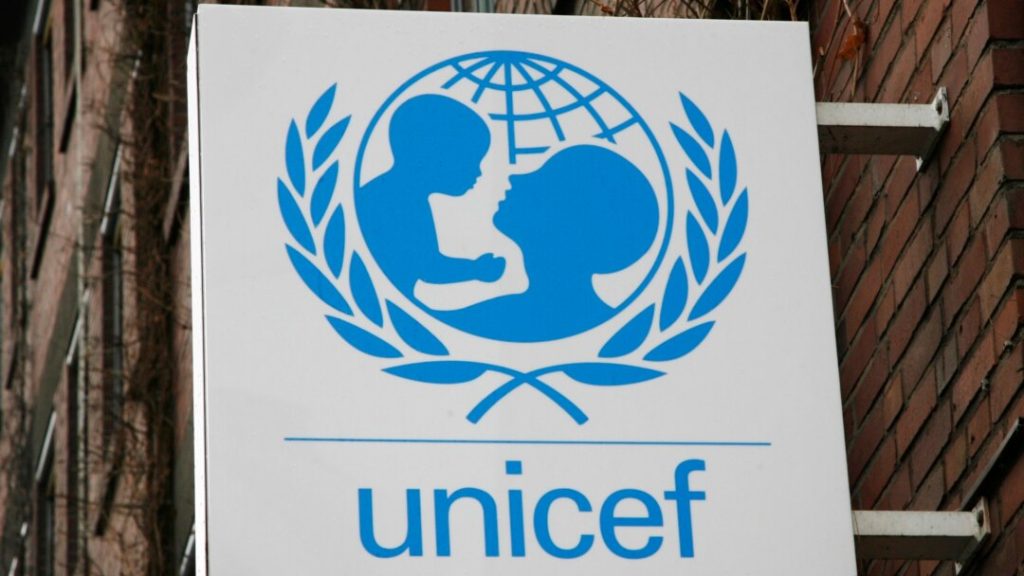The Kwara State Government has renewed its partnership with the United Nations International Children’s Emergency Fund (UNICEF) by implementing the Nigeria Learning Passport (NLP) in the state. This marks the revival of their collaboration after a 13-year hiatus.
The NLP is an online platform designed to provide continuous access to quality education for learners across Nigeria, particularly targeting those out of school, requiring extra support, or residing in regions with limited access to educational resources.
Speaking at the project’s launch in Ilorin, UNICEF Kaduna Field Office Chief, Gerida Birukila, noted that the event signified a strengthened partnership between UNICEF and Kwara State. Represented by the Education Officer of the Kaduna Field Office, Bala Dada, Birukila added that Kwara is the 20th state to adopt the NLP.

She highlighted that the Learning Passport was created globally by UNICEF and Microsoft as a response to the educational disruptions caused by COVID-19, which left 1.6 billion learners out of school. Since 2022, the project has enrolled 1,478,984 students. The platform is accessible online, on mobile, and offline, with Airtel SIM card users gaining access to the NLP without data costs.
UNICEF commended Kwara State’s commitment to education, particularly its investments across all levels. The Kwara Education Transformation Agenda (KWETA) has placed digital learning at the center of its education programs, with initiatives like StudyLab, KwaraLearn, and Digital Learning Centres playing a pivotal role.
Governor Abdulrahman Abdulrazaq, represented by the Secretary to the State Government, Prof. Mamman Jibril, assured that the administration will continue to adopt policies that accelerate educational development. The Governor acknowledged overcoming past challenges, such as non-payment of salaries, and emphasized the focus on improving teaching quality and learning outcomes through a unified curriculum, motivated staff, and technological investments. These strategies, he said, have already significantly boosted literacy and numeracy levels.
UNICEF, founded in 1946, is a global organization dedicated to improving the lives of children and families through emergency response, education, healthcare, and child protection. Today, UNICEF operates in over 190 countries, reaching the most vulnerable children and adolescents.


